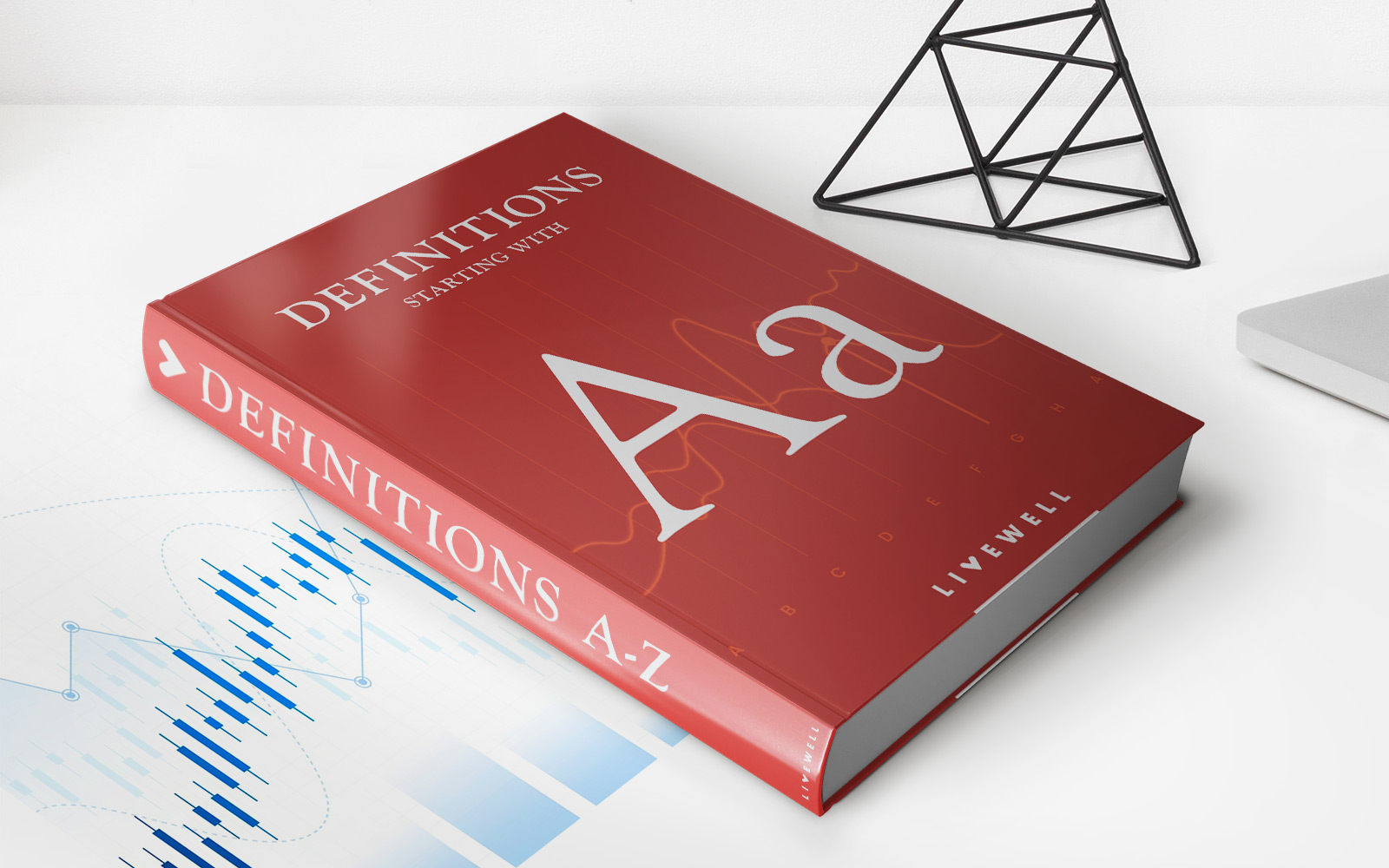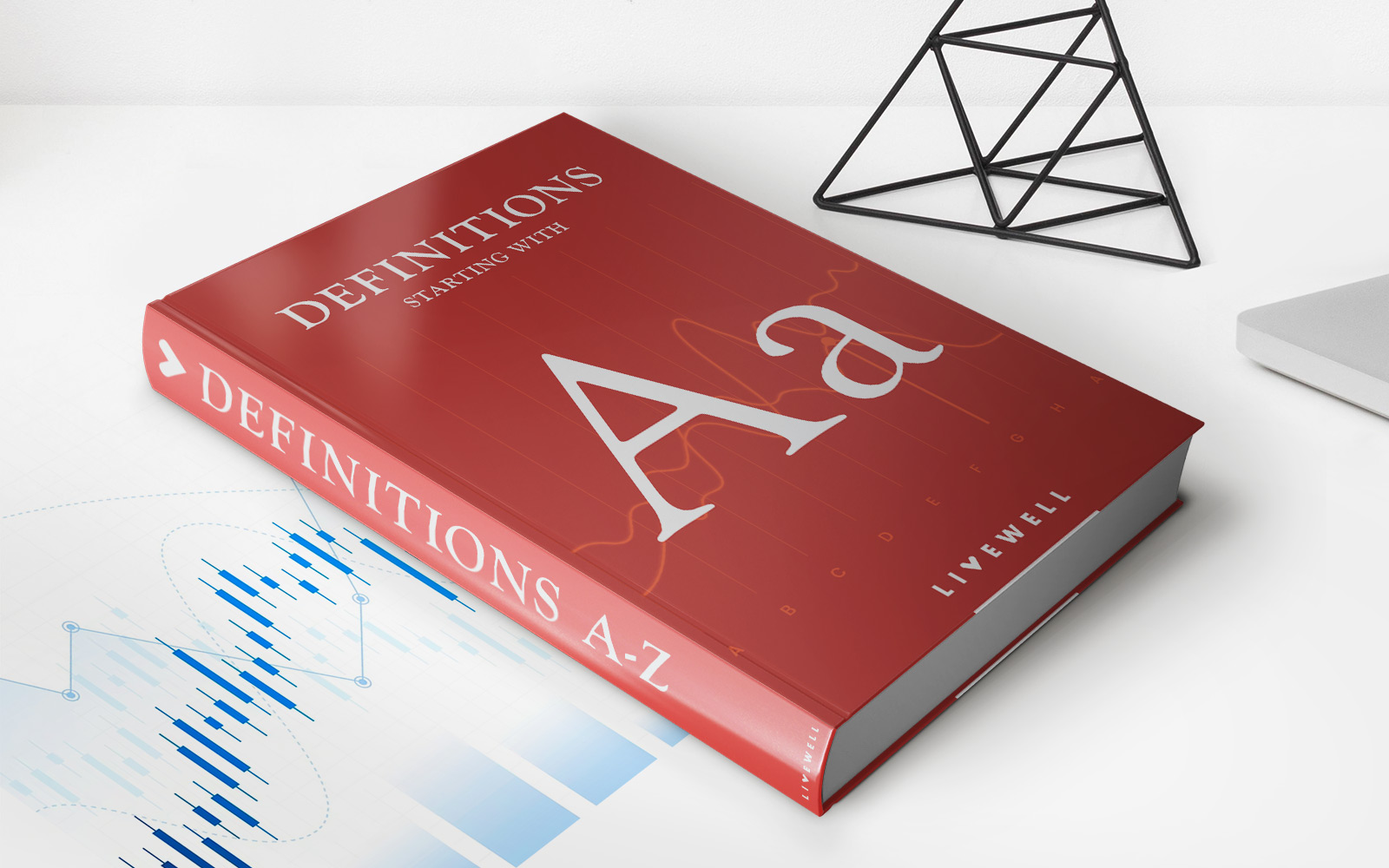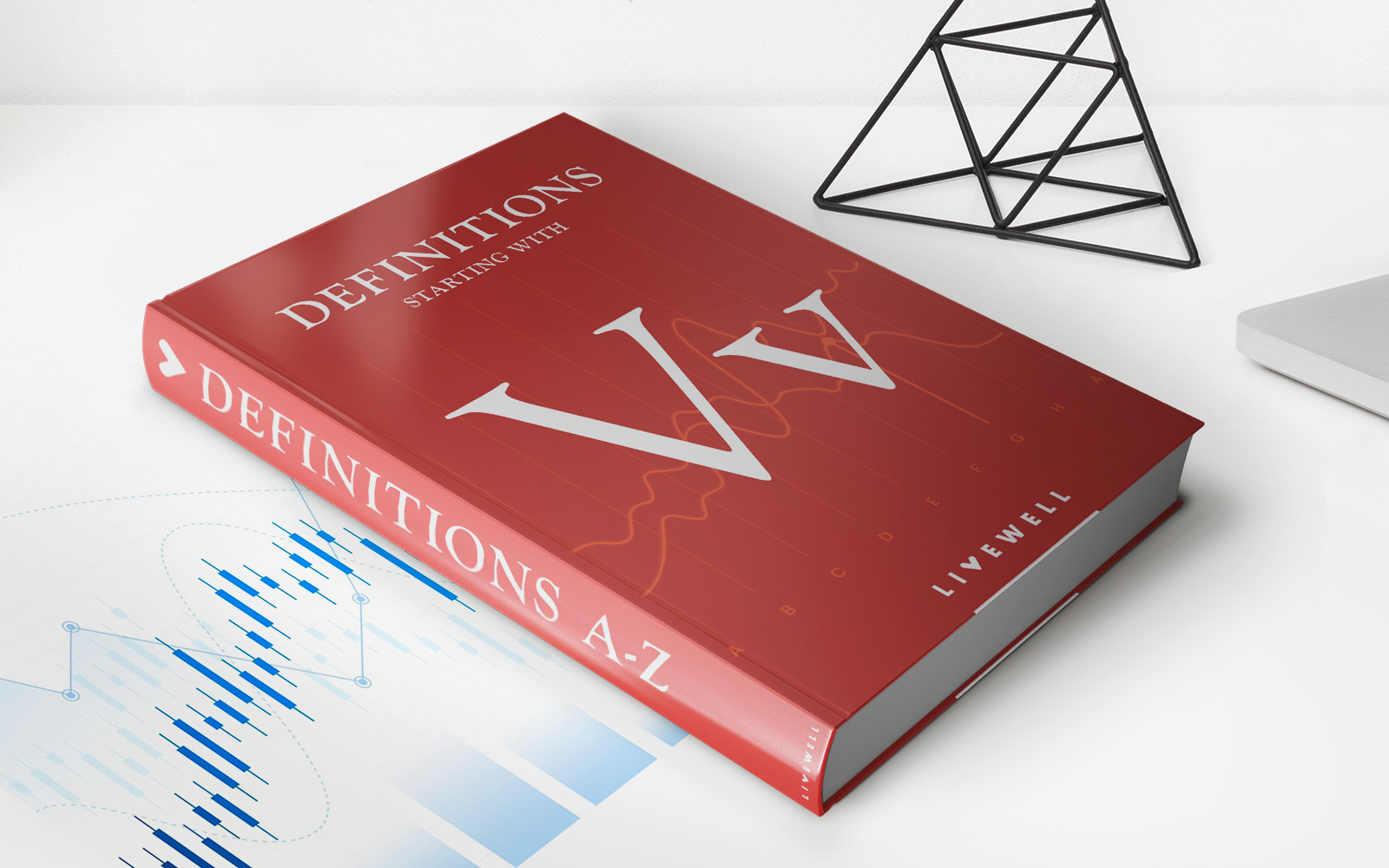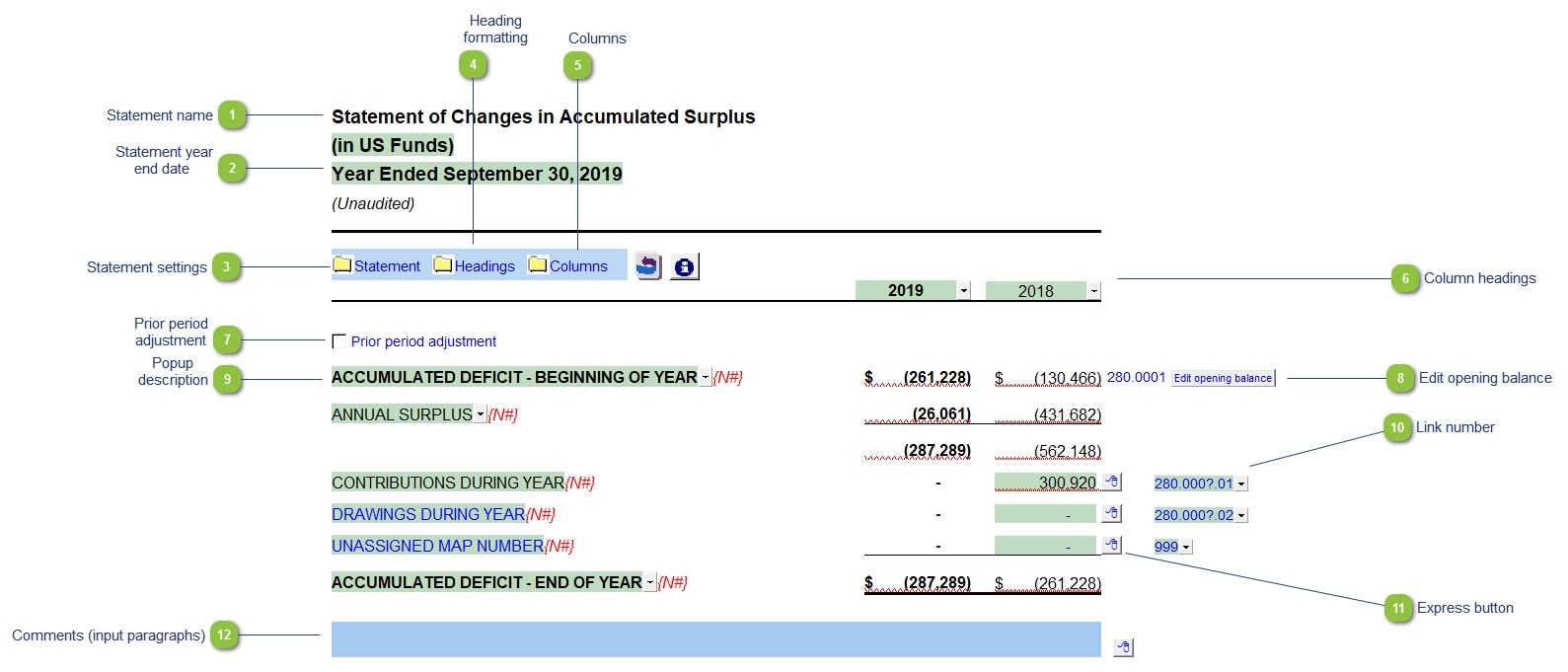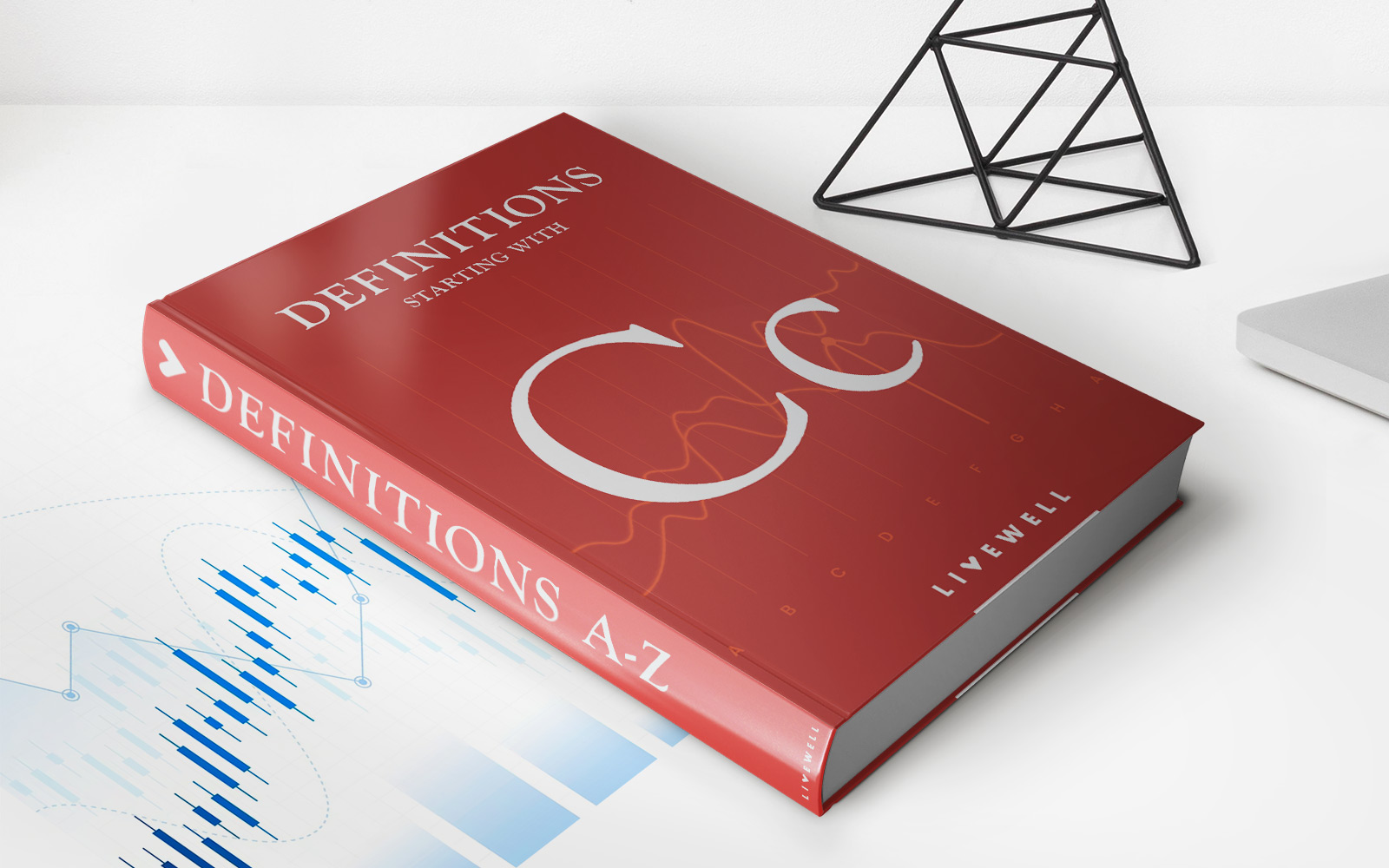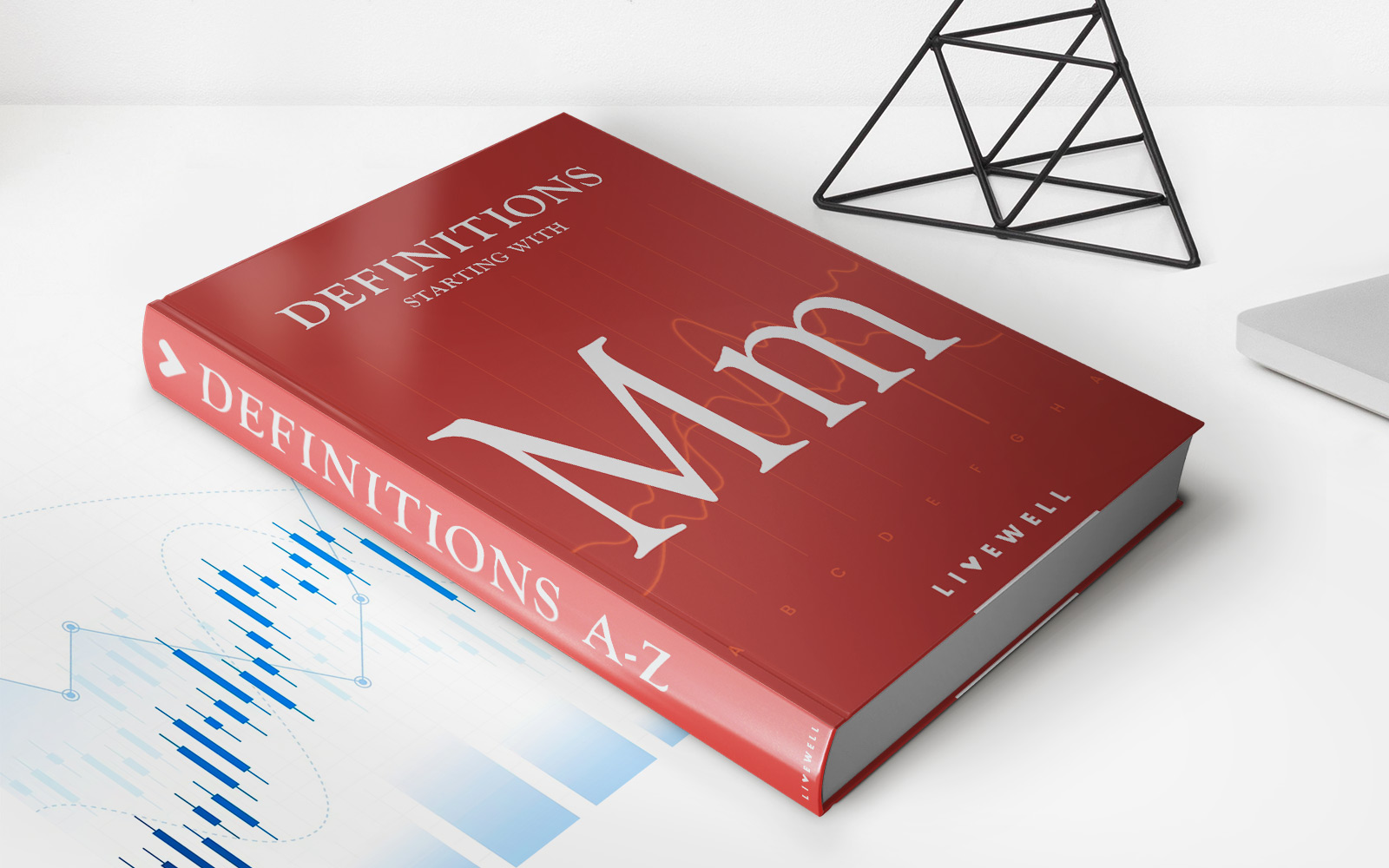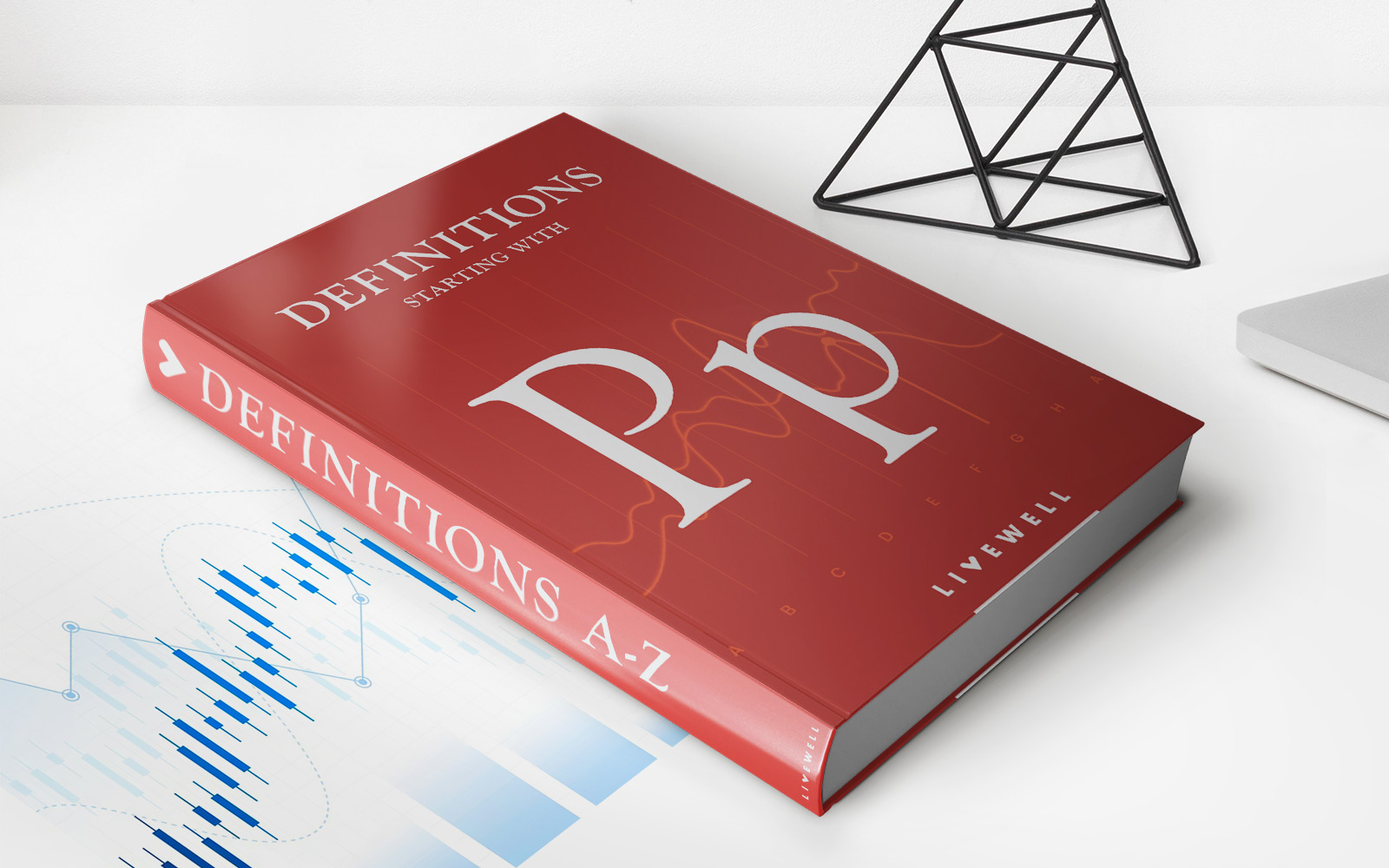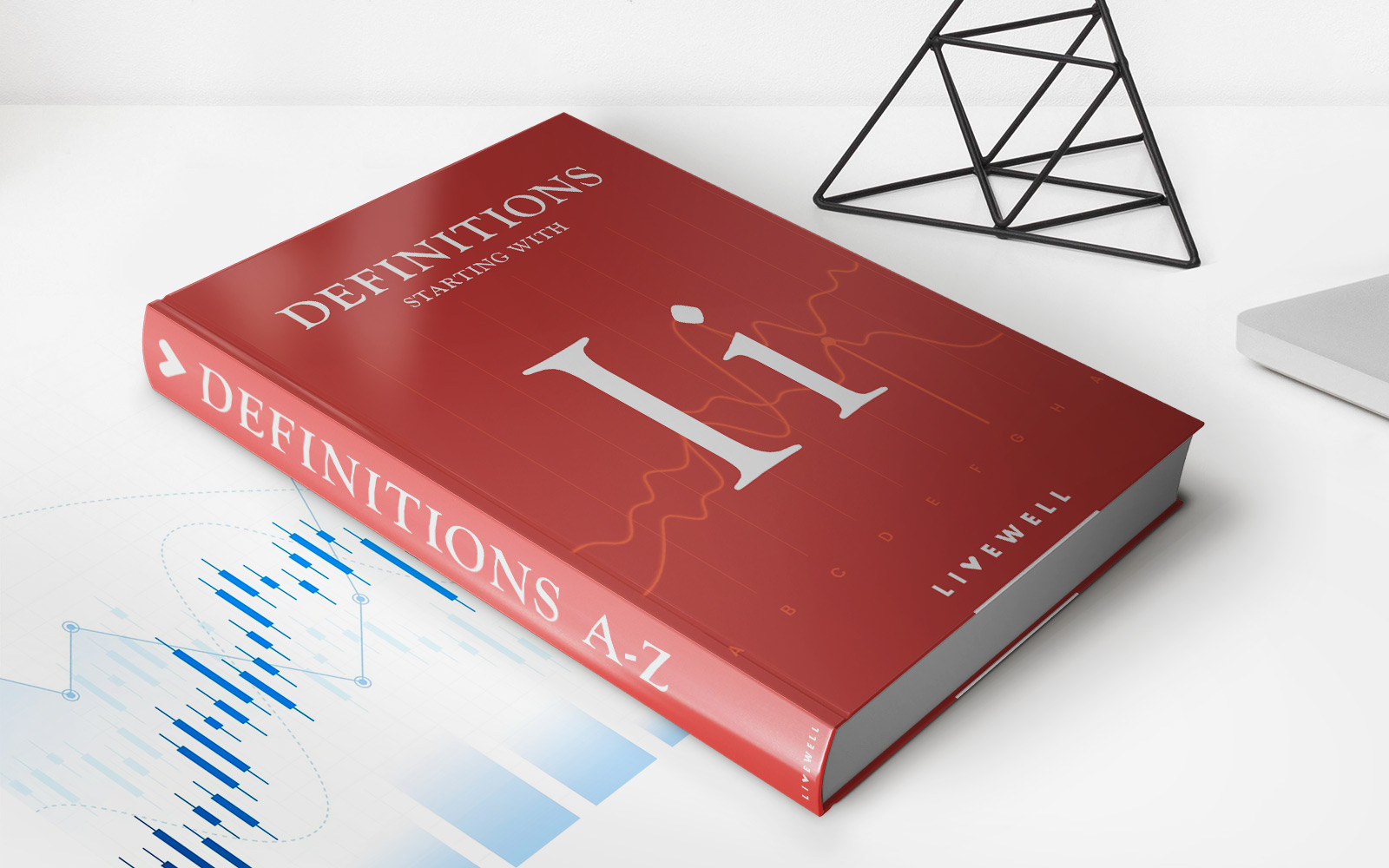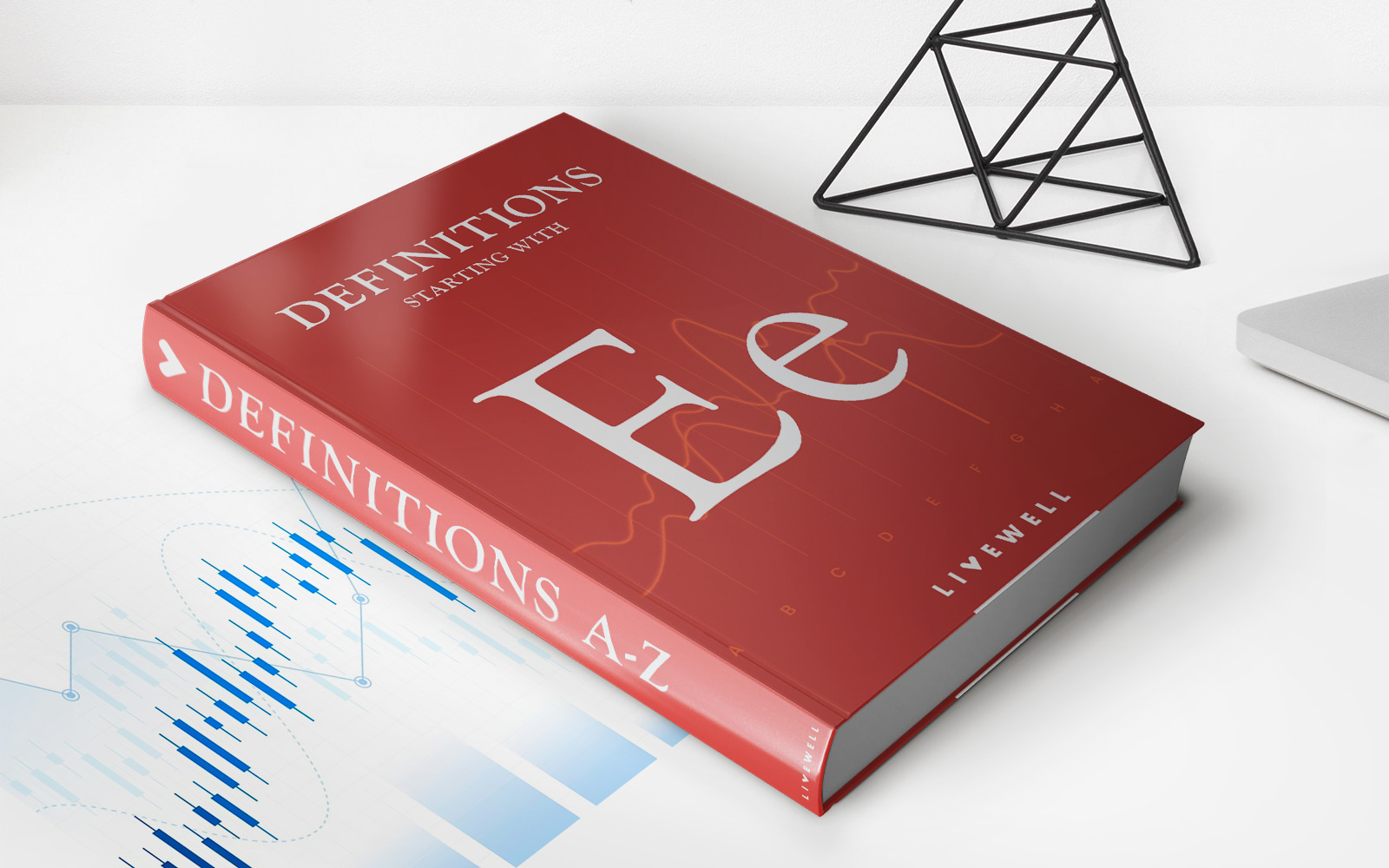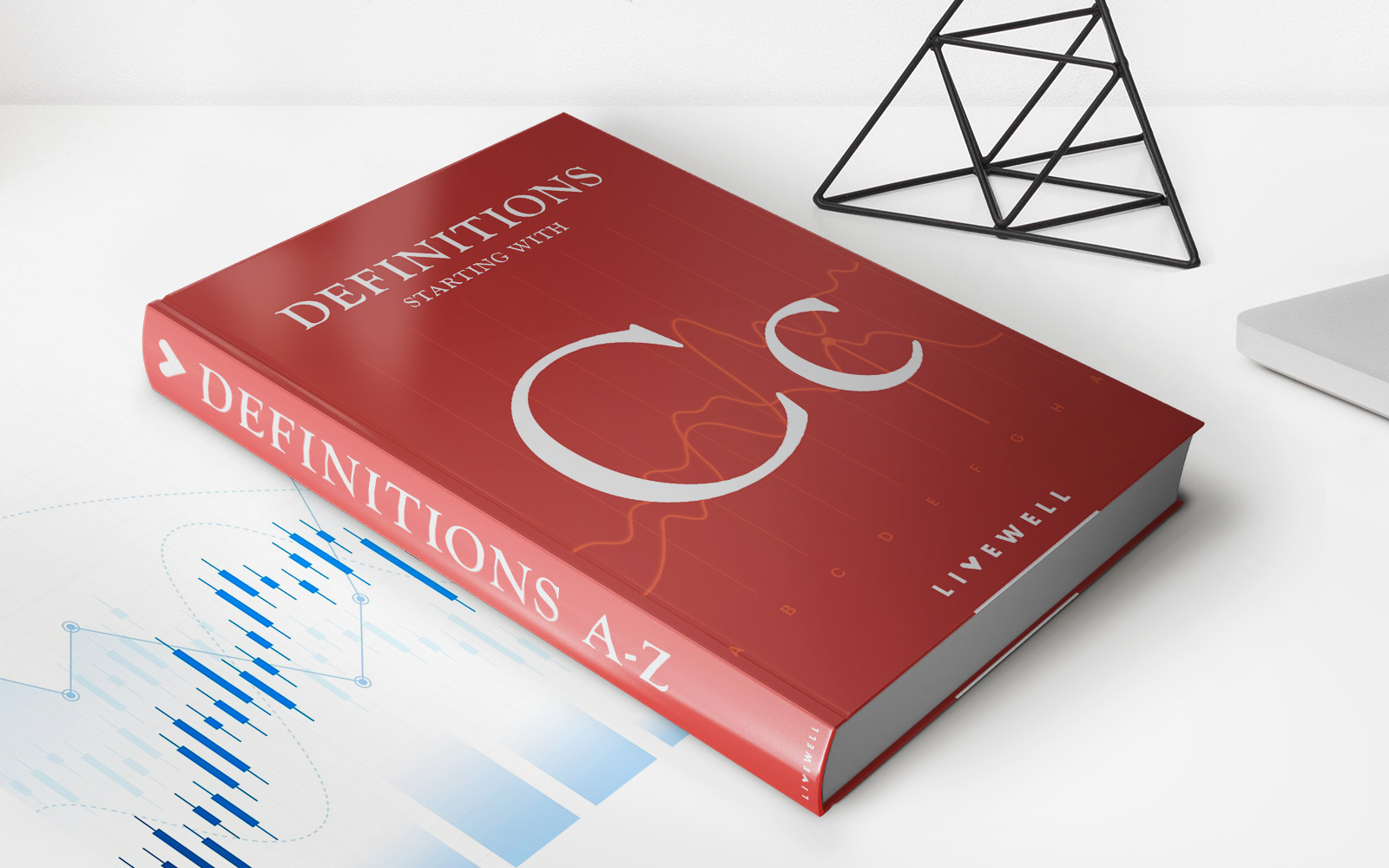Home>Finance>What Are Deficits? Definition, Types, Risks, And Benefits
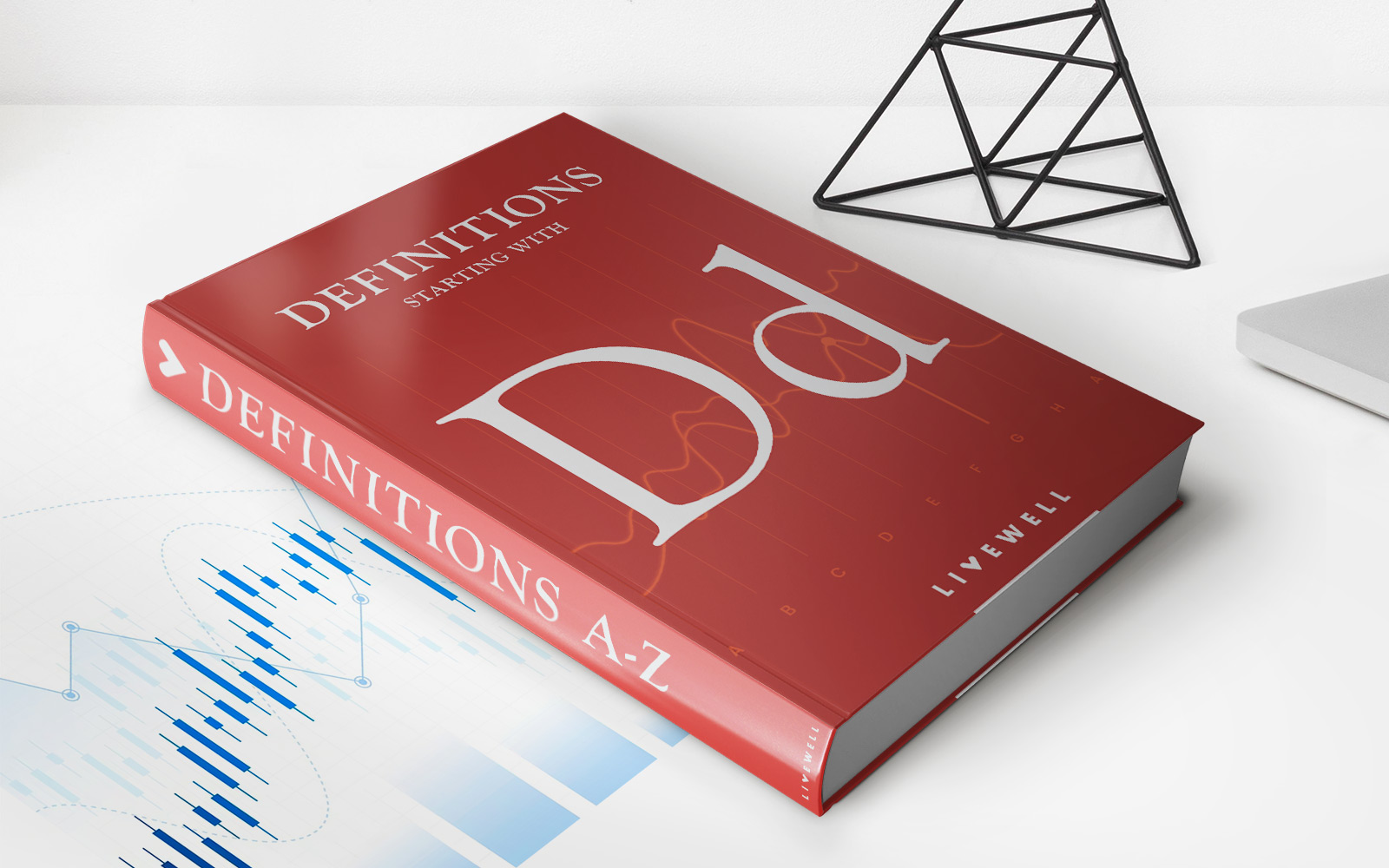

Finance
What Are Deficits? Definition, Types, Risks, And Benefits
Published: November 9, 2023
Learn the definition, types, risks, and benefits of deficits in finance. Understand the impact they have on individuals, businesses, and economies.
(Many of the links in this article redirect to a specific reviewed product. Your purchase of these products through affiliate links helps to generate commission for LiveWell, at no extra cost. Learn more)
What Are Deficits? Definition, Types, Risks, and Benefits
Welcome to our Finance category, where we explore various aspects of the financial world. In this blog post, we’ll delve into the topic of deficits. Whether you’re an economics enthusiast or just curious about financial terms, understanding deficits is crucial in comprehending the functioning of economies. So, let’s dive in and explore the definition, types, risks, and benefits of deficits.
Key Takeaways:
- A deficit occurs when expenditures exceed revenues, resulting in a negative balance.
- Types of deficits include budget deficits, trade deficits, and current account deficits.
Defining Deficits:
At its core, a deficit refers to a situation in which expenditures surpass revenues, leading to a negative financial balance. In other words, it occurs when an entity, such as a government or a business, spends more than it earns. Deficits can have wide-ranging implications, impacting macroeconomic stability and the overall financial health of a nation.
Now that we have an understanding of what deficits are, let’s take a closer look at the different types and their respective implications.
Types of Deficits:
- Budget Deficits: A budget deficit occurs when a government’s total spending exceeds its total revenue within a specific period. This typically happens when spending on public programs, infrastructure, or social welfare outpaces the tax revenue generated by the government. Budget deficits can result in increased borrowing, leading to higher levels of public debt.
- Trade Deficits: A trade deficit arises when a country imports more goods and services than it exports. It reflects an imbalance in international trade, where the value of imports exceeds the value of exports. Trade deficits can impact a nation’s currency value, contribute to job losses in certain industries, and affect domestic manufacturing and production.
- Current Account Deficits: Similar to trade deficits, current account deficits involve a broader measure of a country’s transactions with the rest of the world. It includes not only goods and services but also income from investments and transfers. Current account deficits can indicate a reliance on foreign capital and may result in a country owing more to the rest of the world.
Risks and Benefits of Deficits:
While deficits are often portrayed negatively, they can also have some benefits. Let’s explore both sides of the coin:
Risks:
- Increased Debt: Continual deficits can lead to rising debt levels for governments, businesses, or individuals.
- Inflationary Pressure: Deficit spending can increase the money supply, potentially leading to inflation.
- Higher Interest Rates: Higher borrowing to finance deficits can result in increased interest rates.
Benefits:
- Stimulating Economic Growth: Deficit spending can stimulate economic activity during periods of recession or slow growth.
- Investment and Infrastructure: Deficits can be used to fund investments in infrastructure, education, and innovation.
- Effective Crisis Management: Deficits can provide necessary funds during times of crisis, such as natural disasters or economic downturns.
As with any financial concept, deficits come with risks and rewards. Understanding the different types of deficits and their implications on various economic indicators is crucial for policymakers, analysts, and individuals alike.
So, the next time you come across discussions about deficits, you’ll have a deeper understanding of what they mean and their significance in the world of finance. Stay tuned for more insightful articles in our Finance category!
